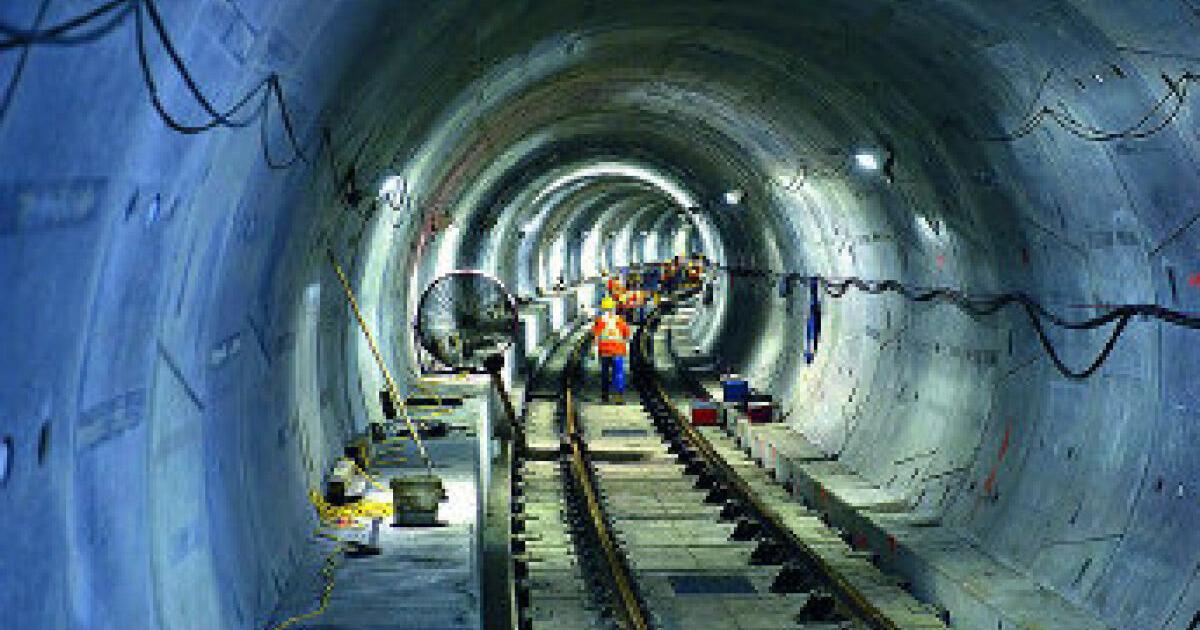I mean, based on the past couple of years, Metrolinx has somewhat taken on the role of a contract administrator, rather than an agency building a design department. That to me says enough. We've seen cases in North America where a bulk of the design (or at least the input) comes in from the operator (The TTC, BART, ARTM, WMATA, MTA, SEPTA, and the CTA), and the picture isn't particularly clear.
On one hand, we'll have successful projects like the TYSSE, BART SVi (not ii), WMATA Silver Line, CTA and the Red Line Extension/new Red, but on the other, we'll have projects like the ARTM's blue line extension, all the MTA extensions, and the SEPTA KOP extension. What differentiates these projects? Truthfully, it's hard to tell, perhaps it's the extent of outsourcing, perhaps it's the QC standards, perhaps it's even the built environment, but regardless of what it is, there's no definitive explanation.
Contrast this to the P3 model, where the success stories of REM, the Canada Line, the Regional Connector, the MBTA green line extension (post restructuring), iON, maybe even Sepulveda, but these usually come at the cost of extreme value engineering (see the terrible lack of passenger grade separation on the MBTA green line, the patchwork on iON, the lack of escalators on REM, or the extremely small stations on the Canada line), high operations costs (see the OL, Canada Line, potentially even REM), or design sacrifices (regional connector surface sections, iON 90° turns).
However, for every success story we see with the P3 model, we see a disaster show of some sort — the Crosstown, Finch West, the Maryland Purple Line, LAX people mover, Honolulu's Skyline...all projects mired in issues that have ballooned costs in some manner.
Like with the P3 model, the Design-Build model is really a dice roll when it comes to project stability. Honestly, it's really anyones guess over whether Sheppard going the Metrolinx/TTC path will be effective. We'll honestly have to wait and see what becomes of the SSE — an extension of the existing subway system. If Metrolinx management can pull it off and commission it within a similar timeframe as the TYSSE, then whatever they're doing is effective enough. If it becomes a logistical nightmare like the Crosstown, we have other issues then.







